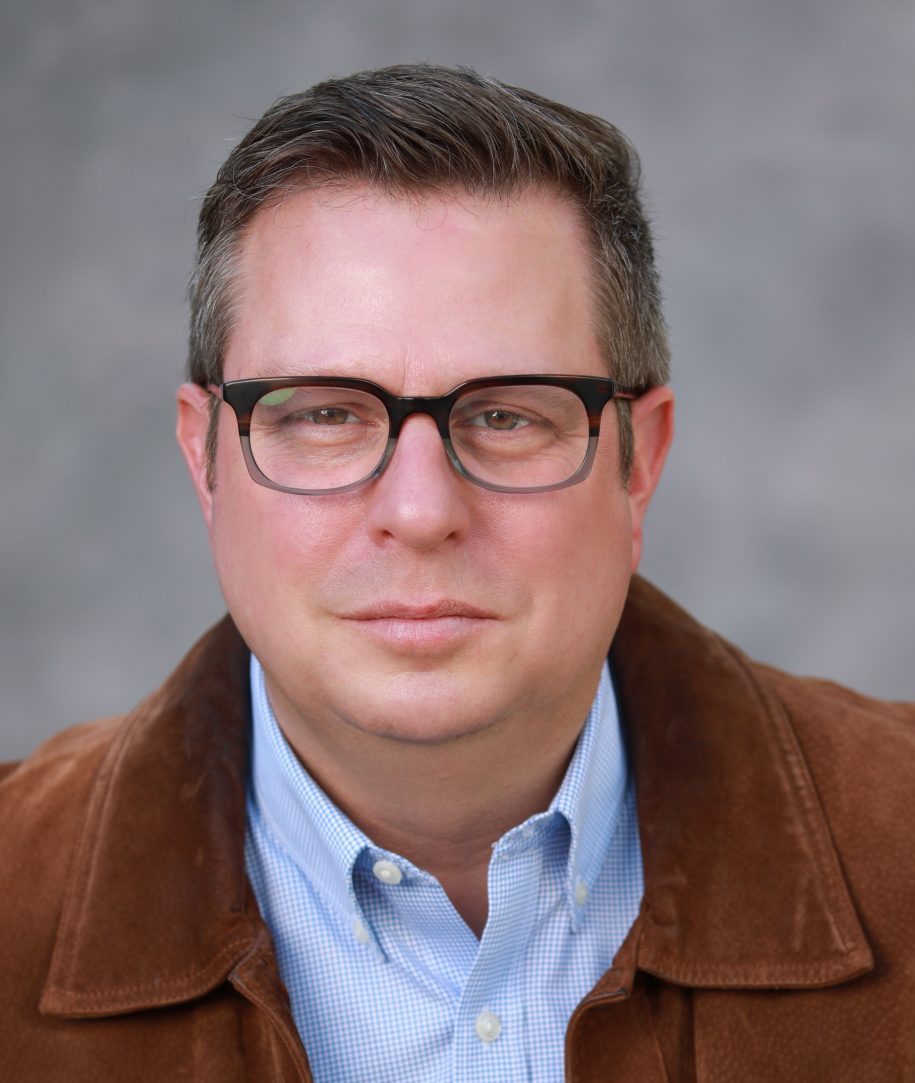Growing up I was a seeker and had a sense of a Higher Power that today I choose to call God. As I experienced my childhood and adolescent years, however, I lost most of that hope and faith in the face of trauma and engaging in my active drug addiction and alcoholism. As I eventually “hit bottom” in my alcoholism/addiction, regularly putting myself in life threatening and demoralizing situations to get high, I wasn’t so much afraid of dying as of continuing to exist with this giant black hole in my heart, where God used to live. I believe a combination of desperation and what I now call grace (an undeserved gift) allowed me to find my recovery at 19 years old – and now can proudly say I have been sober with my 12-Step community now for over 33 years.
76.23% of the world’s population has faith in our four major religions according to Wikipedia. For me, without faith, and having a spiritual awakening in my early recovery process, I don’t believe I would have remained sober and would be dead by this point.
Several things have helped contribute to my long term sobriety and the fulfilling life I have today, that I think should be noted:
- Maintaining my connection to God
- Practicing the spiritual principles I learned in my 12-Step program and other paths
- Giving back through service to others (which I was fortunate to experience as well)
- Remaining fully engaged in my connection to my community
In recent history, seeking a balance between science and psychiatry on one hand, and religion and spirituality on the other, as legitimate sources of healing have created powerful and confronting debates. The substance use disorder (SUD) treatment industry has recently been an important part of this debate. Dr. Carl Jung, a world-renowned psychiatrist and pioneer in modern psychology (who also had an indirect role in establishing Alcoholics Anonymous, the original 12-Step program), sought balance between therapy, medicine and spirituality. He also concluded in the book Alcoholics Anonymous that an integral part of the recovery solution should include a vital spiritual experience.
There is no doubt a big stigma today against those suffering from drug addiction and alcoholism, and on top of that there is another powerful stigma against faith-based 12-Step programs in the treatment industry. While this is largely driven by politics and profit, it is definitely not evidence based. A research article in 2019 published by the Journal of Religion and Health concluded, “The evidence we have reviewed and presented above shows that religious beliefs, practices, and belonging as well as spiritual programs inspired by faith in a Higher Being significantly contribute to the prevention of and recovery from substance abuse. This study finds that 73% of substance abuse recovery programs in the USA include a spirituality-based element, as embodied in the 12-step programs and fellowships, the majority of which emphasize reliance on God or a Higher Power to stay sober. Addicts with a faith or spirituality heal faster.”
For the majority of the world that relies on faith as a vital source of strength and healing in their lives, why doesn’t the clinical SUD treatment industry acknowledge and treat SUD both as a chronic brain disease (as the NIH defines it) AND a “spiritual malady” with a faith-based solution as adopted in 12-Step literature? Following 100 12-step program members, Dr. Stephanie Carroll found that activities such as meditation, prayer, reading spiritual material, and communing with art or nature, were significantly correlated with length of recovery from SUDs.
Faith is about connection and community, and in the U.S, faith’s decline as a dominant cultural norm has contributed to the breakdown of the family unit, which has also led to fear that Adverse Childhood Experiences (ACE’s) could be the next “wave” in the pandemic. The state of our country is in a place we have not seen before and we could all benefit from having more faith in our life to get through these hard times – whether that be addiction struggles, family and financial stress, or emotional, physical, and mental battles.
Let’s embrace our faith and encourage others to stem the tide of its decline in our society, so we can all heal from whatever ails us in balance with medicine, science, and therapy. We are all limbs of the same body.


